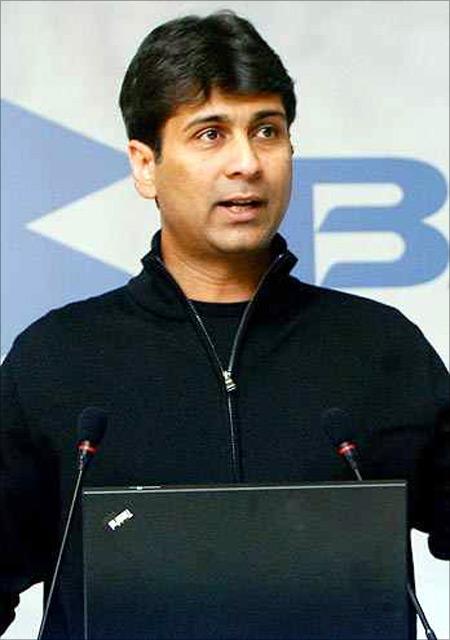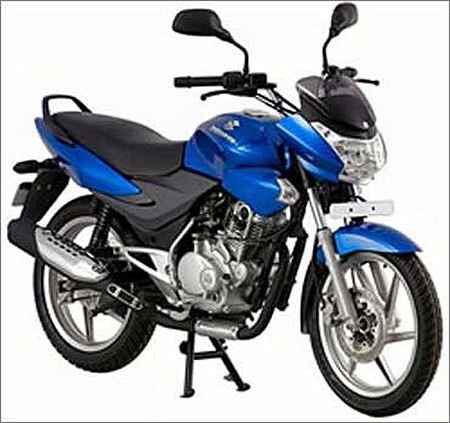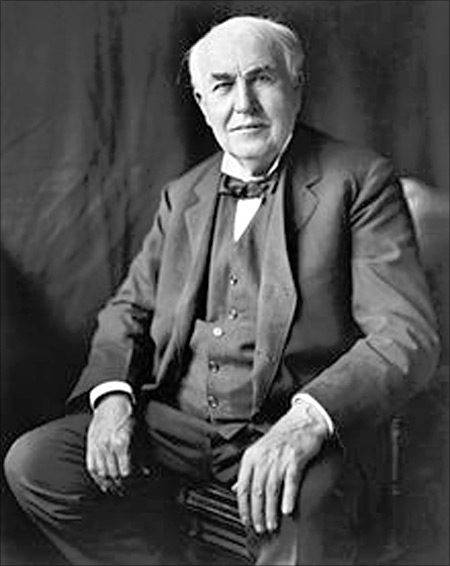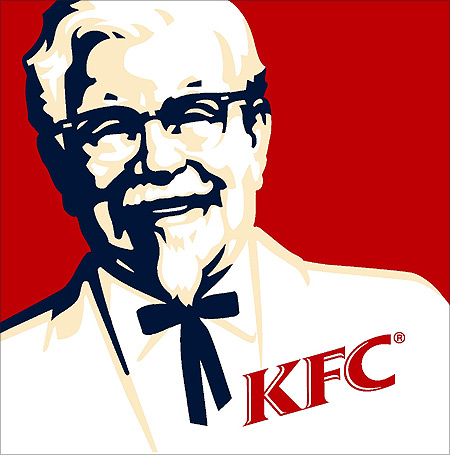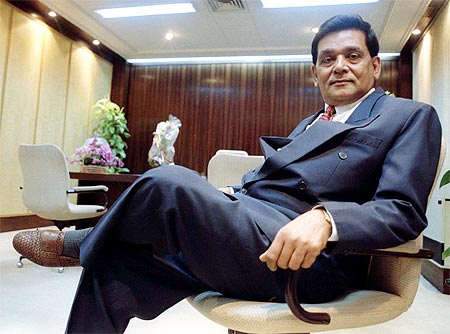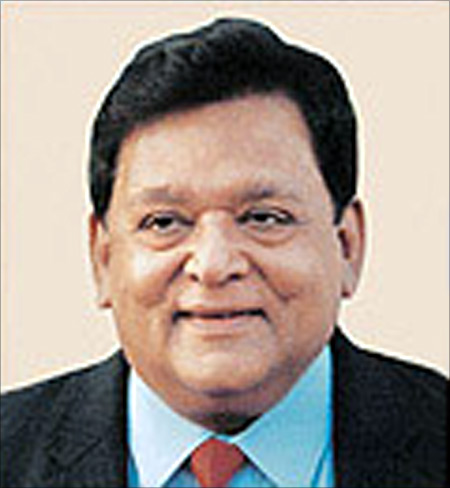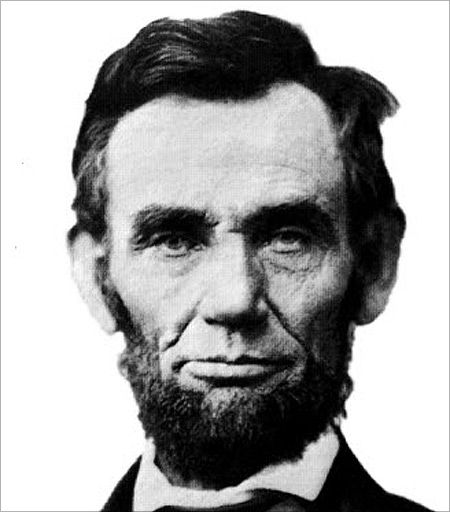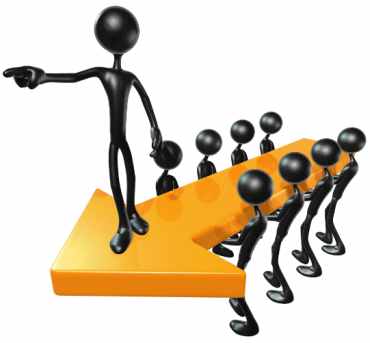 | « Back to article | Print this article |
Lessons to learn from these success stories
By his own admission, Rajiv Bajaj was in all kinds of trouble in 2008 - three years after he took over as managing director and CEO of Bajaj Auto.
The company had a string of failures with the XCD, Caliber and Wind. It hurt even more because the company had always prided itself on being a market leader.
It would have been easy for Bajaj, who got the Business Standard CEO of the Year award on Wednesday, to choose the less taxing way out and go back to the comfort zone of "Hamara Bajaj" and stick to scooters.
Click NEXT to read more...
Lessons to learn from these success stories
But the young Bajaj chose the more difficult path of learning from his mistakes and opted for a clear brand positioning in motor bikes - a move that gave him pricing power, courtesy Pulsar and Discover.
The rest, as they say, is history - Bajaj Auto made a remarkable turnaround that pulled the company back from the brink and put it on the path to recovery. Though the company is miles behind Hero in terms of sales volumes, it is now India's most profitable two-wheeler manufacturer.
So if Bajaj says, "Ask yourself after every setback: what did I learn from the experience," it doesn't sound text-bookish at all. Management experts, thus, term failures as the highway to success.
Click NEXT to read more...
Lessons to learn from these success stories
So every time your shoulders stoop and your confidence takes a knock because of a failure to achieve something you set out to do, remember what Shiv Khera famously said in his best-seller - "You can Win". All great companies measure success by the number of times you bounce back every time you fall down. It is this bounce-back ability that determines success, Khera said.
It is easy to see why Khera is such a raging success in corporate off-sites, a euphemism for leadership training sessions.
Did you know, for example, that Henry Ford forgot to put the reverse gear in the first car he made; or that Thomas Alva Edison failed more than 10,000 times before he successfully made the light bulb work?
Click NEXT to read more...
Lessons to learn from these success stories
Instead of a fear of failures, Edison is reported to have said, "I have not failed. I have just found 10,000 ways that won't work." That is because Edison never thought failure was an option.
At one leadership training session, the main speaker narrated what he termed The Colonel's story.
Colonel Sanders had a small restaurant on a highway that he closed because of a new highway that was built nearby.
Click NEXT to read more...
Lessons to learn from these success stories
Broke at the age of 65, he had a recipe that he wanted to market to restaurant owners and hoteliers in return for some percentage in profits.
The Colonel had to go through 1,009 refusals before somebody finally agreed to his proposal. His firm, Kentucky Fried Chicken, is now one of the largest food chains in the world.
Click NEXT to read more...
Lessons to learn from these success stories
Closer home, consider what A M Naik has achieved in terms of making Larsen & Toubro (L&T) one of the most respected engineering conglomerates in the country. Now, consider his initial experience at L&T.
Apart from the fact that he was not from any of the Indian Institutes of Technology (Naik did his mechanical engineering from Birla Vishvakarma Mahavidyalaya Engineering College in Vallabh Vidyanagar in Gujarat), his poor knowledge of English led him to make seven to eight mistakes in the first employment form he filled.
Click NEXT to read more...
Lessons to learn from these success stories
When he applied to L&T, he got a job, but the company reduced its initial offer by Rs 90 to Rs 670 a month and offered him a lower designation than what it had initially promised - all because the final interviewer thought he was a bit arrogant.
Years later, Naik attributes this to a communication gap between him and the Englishman, who was the final interviewer. "I used to think in Gujarati and then translate it into English; the Englishman perhaps misunderstood what I had intended to say," Naik said.
Lessons to learn from these success stories
Naik could have easily given up on the L&T job, but didn't, just to prove a point. He joined L&T on March 5, 1965, and became the workshop in-charge within one and a half years of joining the company.
When he was not even 25, some 800 people reported to him. The rest is all too well known.
An HR expert attributes Naik's success to his fierce desire to succeed and not let failures bother him much.
Lessons to learn from these success stories
Finally, here is an example of a man who failed in business at the age of 21; was defeated in a legislative race at 22; failed again in business at 24; whose sweetheart died when he was 26; had a nervous breakdown at 27; lost a congressional race at 34; lost a senatorial race at 45; failed in an effort to become vice-president at age 47 #8743 was elected as president of his country at 52.
His name is Abraham Lincoln.
Click NEXT to read more...
Lessons to learn from these success stories
The moral of these inspiring stories is simple: treat each failure as an opportunity to learn and use this desire to learn to overcome your disappointment.
